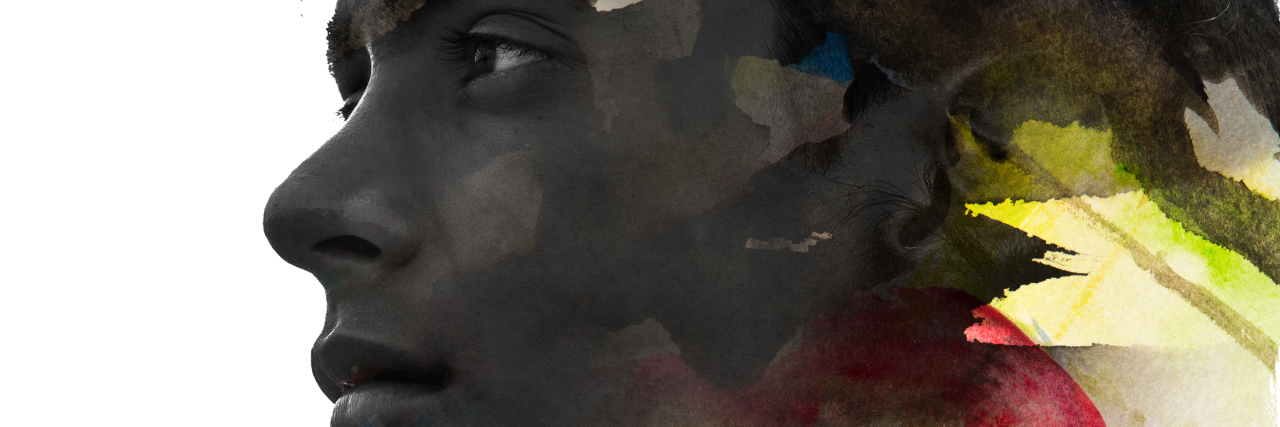Last summer, after a very difficult hour-long consultation with a psychiatrist, it was confirmed what I had grown to suspect — I have been living my life with Asperger’s syndrome.
My immediate feeling was one of relief that that there was at last a reason why I have found many situations so challenging or indeed impossible for all of my life. My brain is wired differently — I perceive things differently, my sensations are heightened and social interactions can be awkward or puzzling to me. In an attempt to try and feel safe in a confusing world, I have clung to routine and developed interests and rigid patterns of behavior in which I can operate and function to my best ability.
I meticulously plan ahead in an attempt to try control how my day/week/life will unfold, but inevitably when things do not run to plan I am simply left unable to cope. I become overemotional — what I now know is having a meltdown — and often go on to shutdown mode and withdraw from the outside world, until I have enough energy to try it all again.
I rehearse what I might say in conversation — mistakes are learned from and never repeated. I “people watch” in an attempt to learn their body language and conversation and how they interact so easily. I borrow their best bits and can present a very good impression of someone who is comfortable and in control, while underneath I am working so hard that when I leave a social situation, I am completely exhausted.
I truly believe that when I was younger I had more capacity for doing all this covering up, over-planning and over-analyzing as I had a real need and desire to fit in. By the time I reached my 40s I was burnt out, struggling with both anxiety and depression, and perhaps trying to fit in just wasn’t as important to me anymore. I had tried everything I could, but deep down I knew nothing really was changing or feeling any easier for me. I needed some answers.
That answer came from reading Laura James’ book “Odd Girl Out.” Reading it was like coming home, and at last I discovered I wasn’t the only woman in the world having these issues. There was a reason why I couldn’t “fix myself” and be like everyone else.
It took a lot of courage to approach my GP regarding this — mainly because she was one of the people I had worked very hard to convince I was “normal.” To her credit, she listened and was happy to refer me to a psychiatrist who specialized in diagnosing Asperger’s in women.
I won’t lie – that hour spent with the psychiatrist was extremely difficult. I had to be searingly honest about my routines, my pretenses, my anxieties and everything else I have been working so hard to keep undercover for all of my life. I felt embarrassed and exposed, but I knew that being honest and open with him was the only way I could ever move on. It was time to stop pretending.
Receiving the diagnosis hasn’t made me able to better cope with life — I still find many situations very challenging — but it has stopped that incessant negative voice inside my head asking “why can’t you do this?” or “just be normal FFS.” I am kinder to myself, and am learning to accept the things that will always be challenging and not force myself to do things I “should” be able to do.
Best of all, I don’t need to cover up so much anymore. I can be honest and say “I’m going to find doing that challenging.” And everyone important in my life has been accepting and supportive. Life is better, and I’m so much more happy about being me now.
Getty image by Victor Tongdee.

